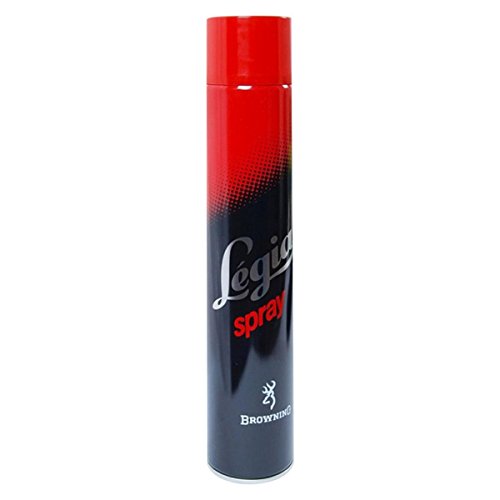Understanding Gun Oil: What Is It and Why We Need It
The Role of Gun Oil
Gun oil plays a vital role in maintaining the functionality and longevity of firearms. Think of it as a protective barrier. A firearm has many moving parts that can become worn down or corroded over time due to metal-on-metal friction, exposure to moisture, and environmental factors. Applying gun oil reduces this friction considerably, which helps prevent wear and tear, keeping our firearms in top shape.
Preventing Rust and Corrosion
Another critical function of gun oil is its ability to prevent rust and corrosion. Steel, the primary material in most firearms, is susceptible to rust when it comes into contact with water or humidity. By applying a thin layer of gun oil, we can create a protective coating that repels moisture, ensuring that our firearms remain rust-free and ready for action.
Types of Gun Oil: Choosing the Right One for Your Firearm
Different Oils for Different Needs
When we look at the types of gun oil available, it’s essential to remember that not all oils are created equal. There are generally three main types: traditional oils, synthetic oils, and CLP (Clean, Lubricate, Protect) products. Traditional oils typically provide good lubrication, while synthetic oils offer superior protection and performance at extreme temperatures. CLP products serve as a 3-in-1 solution, making them a great choice for convenience.
Considering Your Firearm’s Requirements
Our choice of gun oil should also factor in the specific requirements of our firearms. If we have a semi-automatic pistol that operates in harsh environments, a synthetic oil might be the best bet due to its high resistance to breakdown. On the other hand, for a classic hunting rifle that we use less frequently, a traditional oil may suffice.
Key Ingredients in Gun Oil: What to Look Out For
Understanding the Composition
When selecting gun oil, we need to pay attention to the ingredients. The best formulations typically include additives such as anti-wear agents, rust inhibitors, and friction reducers. These compounds enhance the oil’s performance, ensuring it not only lubricates but also protects our firearms effectively.
Natural vs Synthetic Ingredients
Many gun oils now boast synthetic ingredients that can outperform their natural counterparts. Synthetic oils often have superior resistance to heat and cold, which extends their usability in fluctuating conditions. We should consider these factors when making our choice to ensure we invest in a product that will meet our needs over time.
How to Apply Gun Oil: Step-by-Step Guide for Maintenance
Preparing Your Firearm for Maintenance
Prior to applying gun oil, we should ensure that our firearm is unloaded and free from any ammunition. This step is crucial for our safety. Next, we can disassemble our firearm per the manufacturer’s instructions, giving us access to all the moving parts that require lubrication.
Applying Gun Oil Efficiently
Once we have access to the inner workings of our firearm, we can take a clean cloth or a dedicated applicator and apply a small amount of oil to the moving parts. It’s important not to overdo it; a few drops are usually sufficient. We can then move the parts to distribute the oil evenly, ensuring every joint is covered.
Final Steps to Ensure Smooth Operation
After applying the gun oil, we need to reassemble our firearm carefully. Once reassembled, we can operate the action a few times to spread the oil further, then wipe away any excess. Regular maintenance, including oiling, can dramatically improve the firearm’s performance and reliability.
Buying Tips: Where to Find Quality Gun Oil at the Best Value
Identifying Reliable Brands
When it comes to purchasing gun oil, we should focus on reputable brands that are known for quality and reliability. Many established brands have a long history in the market and are trusted by firearm enthusiasts and professionals alike. These brands often provide detailed information about their products, which can help us make an informed choice.
Evaluating Cost versus Quality
While it may be tempting to opt for the lowest-priced option, investing in quality gun oil pays off in the long run. We should consider the formulation and ingredients, remembering that a higher-quality oil can save us from future maintenance costs or damages to our firearms. Evaluating reviews and user experiences can also offer valuable insights into the value of a product.




























